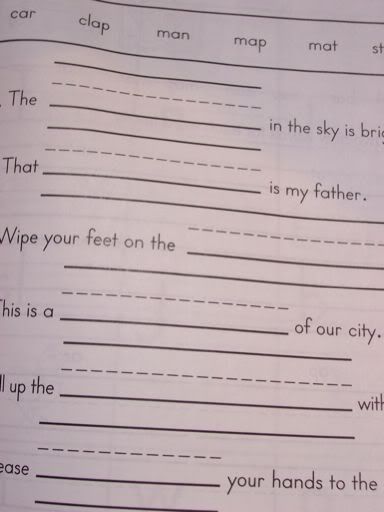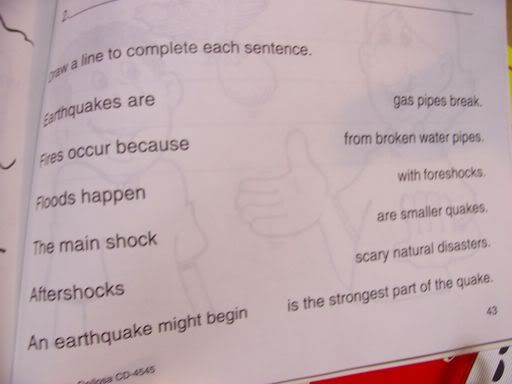Parse
Word of the Day for Sunday March 13, 2005
parse \PAHRS\, transitive verb:
1. To resolve (as a sentence) into its component parts of speech with an explanation of the form, function, and syntactical relationship of each part.
2. To describe grammatically by stating its part of speech, form, and syntactical relationships in a sentence.
3. To examine closely or analyze critically, especially by breaking up into components.
4. To make sense of; to comprehend.
5. (Computer Science) To analyze or separate (input, for example) into more easily processed components.
intransitive verb:
To admit of being parsed.
We must learn to parse sentences and to analyse the grammar of our text, for, as Roman Jakobson has taught us, there is no access to the grammar of poetry, to the nerve and sinew of the poem, if one is blind to the poetry of grammar.
--George Steiner, No Passion Spent: Essays 1978-1995
There are too many spots where the rhythm goes momentarily awry; where words are used with murk, sloppiness or phonetic imprecision; where sentences are so twisted around that they become hard to parse; even times where it's hard to be sure just who or what is being referred to.
--Douglas Hofstadter, "What's Gained in Translation," New York Times, December 8, 1996
The American Constitution, for example, says that "Congress shall make no law abridging the freedom of speech." . . . once we parse notions like "abridging" and "the freedom of speech," perhaps we will decide cases on the basis of an inquiry into two, three, or more relevant considerations.
--Cass R. Sunstein, Legal Reasoning and Political Conflict
Parse comes from the Latin pars (orationis), "part (of speech)."
=====================================










<< Home